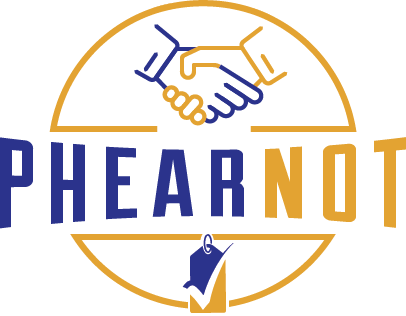
7 Essential Life Skills That Addiction Recovery Programs Will Teach You
Battling substance addiction can be a challenge. The good news is, getting in a good recovery program can make the detox phase and post-substance use process much smoother. Don’t believe us?
Here are some of the many life skills you will learn when you start an addiction recovery program, whether it be inpatient or outpatient treatment.
- Goal Setting
Setting goals for our personal and professional lives is critical. Not only does goal setting give us something to work for, but it can also provide us with excitement and motivation for the future.
- Self-Care
Learning to care for yourself after dealing with addiction can be tough. During substance use, you may have forgotten what self-care looks like and, in fact, didn’t care much about yourself at all. However, in addiction recovery, you will learn that self-care is critical. Not only does this mean taking good care of your body but also tending to your mental health to prevent relapse.
- Communication
During active addiction, it isn’t uncommon for relationships to suffer or even completely fall apart. Even if relationships remain strong during addiction, it can be difficult for the person with the addiction to communicate the problems that are triggering their substance use. Being unable to communicate or express themselves may even be part of the reason they’re using.
Addiction recovery is the best time to learn new communication and interpersonal relationship skills to foster healthier socialization.
- Decision-Making
Substance use can literally damage or impair the part of the brain responsible for making decisions. As one heals from addiction, it is a great time to begin to learn how to make solid decisions. After all, decisions will be made all throughout life.
- Time Management
With current addiction comes a lot of wasted time using and finding the substances of your choice and, not to mention, being high or drunk, which can certainly hinder everyday functioning. Being sober, you’ll find more quality time on your hands. An addiction recovery program can help you learn how to manage all that extra time.
- Coping with Stress
Managing difficult emotions like stress and grief can be difficult yet necessary for everyone. However, it’s especially critical for those dealing with substance abuse as stress, anxiety, anger, and depression, for instance, are often triggers of their addiction. Learning how to deal with these feelings without substance use, while challenging at first, is well worth it in the end.
- Healthy Routines
Establishing a new routine is a huge part of addiction recovery. A big part of your life was once devoted to using drugs or alcohol, and now, it’s time to devote your life to healthier activities. Post-addiction routines may involve exercising, meditating, or even engaging in a new hobby.
Conclusion
Addiction recovery isn’t as “simple” as quitting substance use. It involves a whole change in mindset, routine, and overall lifestyle. This is why the best addiction recovery programs go the extra mile to ensure clients gain the essential skills and knowledge they need to lead a great life past substance use.






